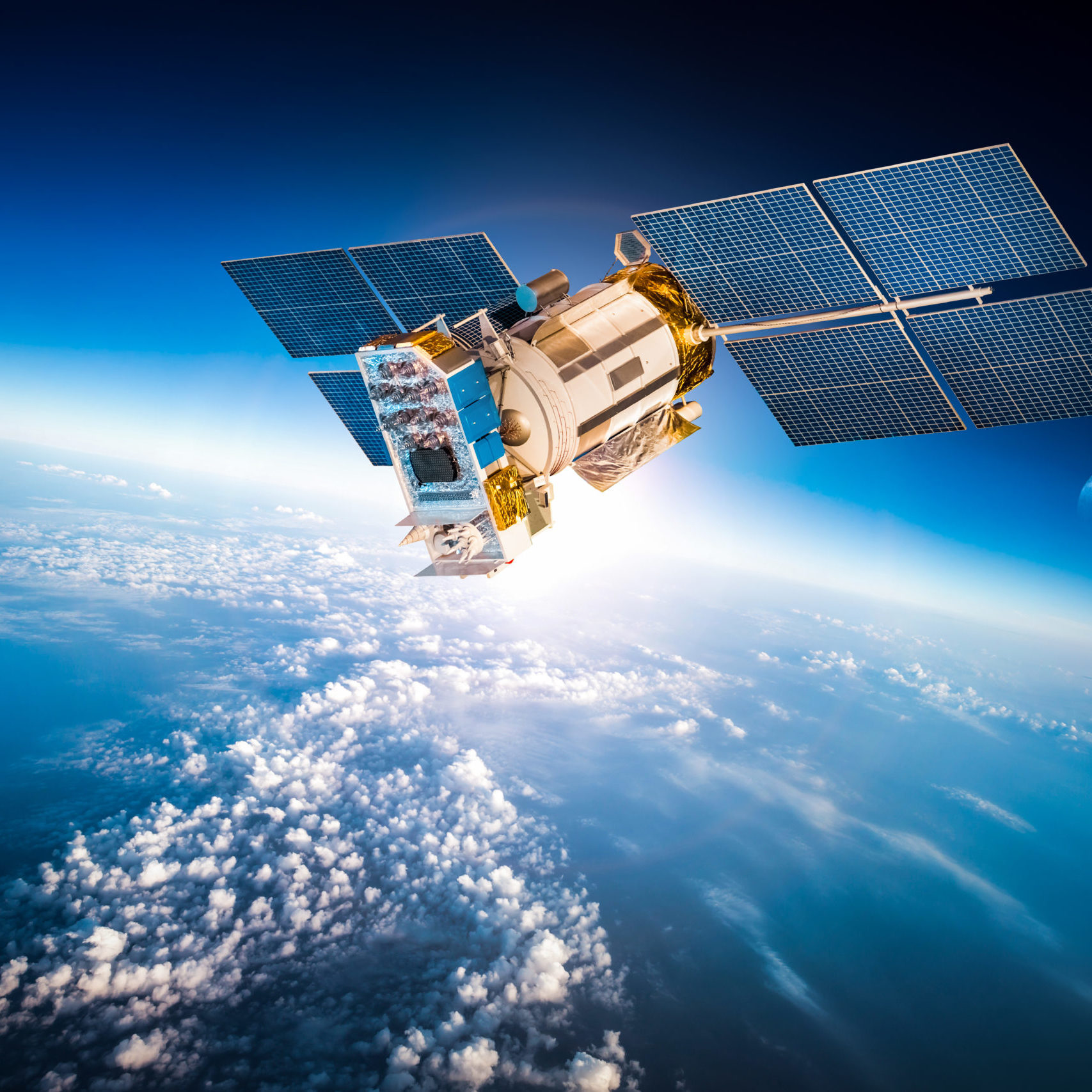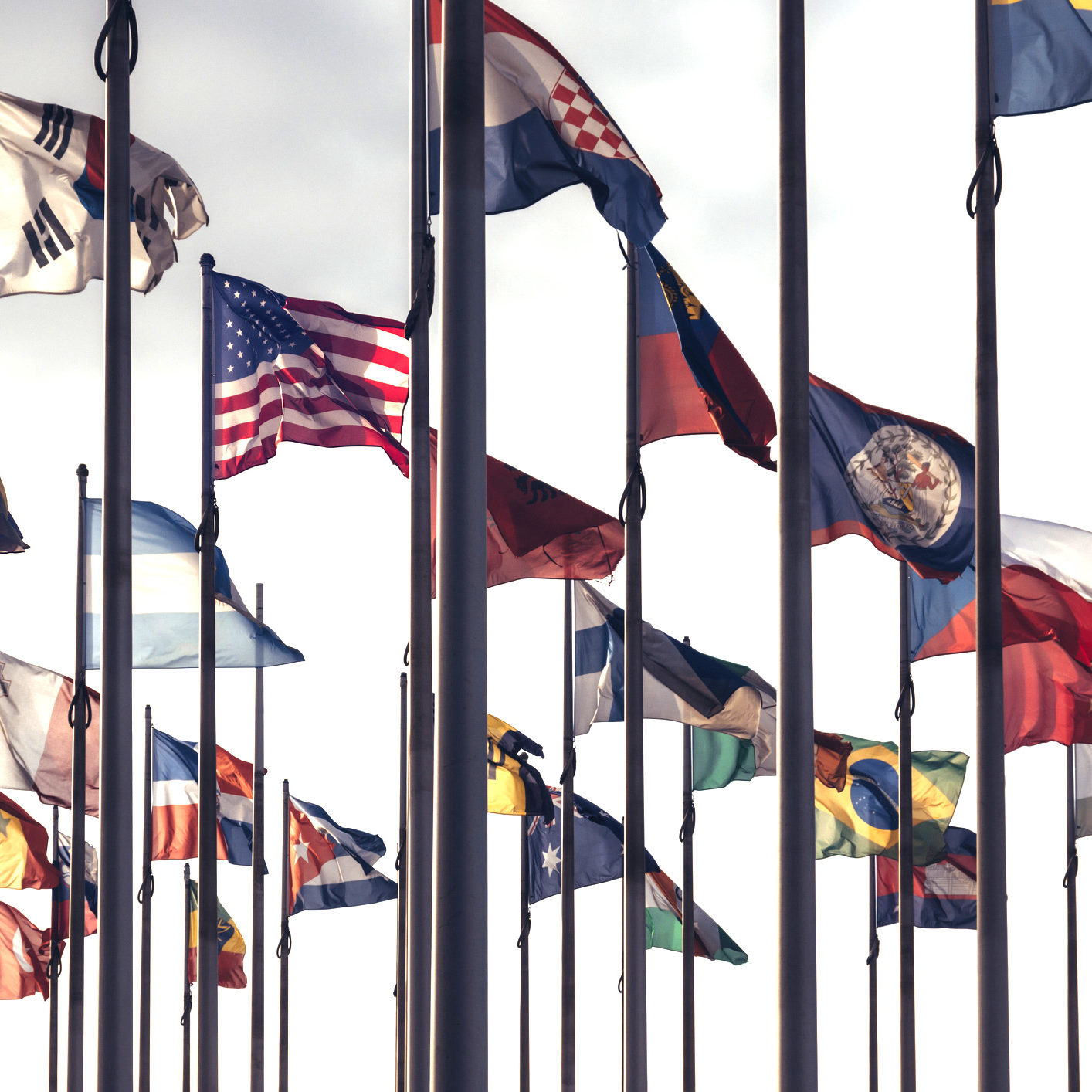Decades of space exploration have led to tremendous technological progress, bringing crucial services (including weather forecasting, climate monitoring, global positioning and communications) contributing to economic and social development globally. However, the surge in spacecraft launches presents a growing risk to the capacity of the Earth’s orbits to accommodate such a large set of new space objects safely.
Space activities are essential to life on earth
Safeguarding the sustainability of the space environment is vital to keep benefiting from the resources it provides.
Space traffic is increasing exponentially
Thousands of spacecraft are expected to be launched in the coming years by the commercial sector alone adding to estimated 5,400 satellites already in use.
The orbital environment is a globally shared resource
Fundamental shifts in space traffic will affect the existing international guidelines' potential to curtail the proliferation of new debris in our globally shared orbital environment.
A paradigm shift is hence needed in how space actors pursue sustainability, and the ways in which sustainability practices are assessed. Against this background, the World Economic Forum (WEF) through its Global Future Council on Space developed the concept of a rating to reduce space debris and ensure that rapidly increasing space exploration missions launched worldwide are managed safely and sustainably – a trailblazing effort initiated in 2016. Three years later, WEF appointed and engaged in an international consortium including the European Space Agency, the Massachusetts Institute of Technology, BryceTech and the University of Texas at Austin to develop the methodology behind the SSR and contribute to the definition of the technical elements and operations.
After a robust selection process involving about 20 stakeholders, eSpace – EPFL Space Center has been chosen in May 2021 to operate the SSR and lead its implementation, in preparation for the roll-out of the transparent system for scoring the space sustainability efforts of different space actors, recognizing compliance and encouraging better-than-required behaviours.
The Consortium’s approach, implemented by eSpace, is to provides a practical and innovative solution for space operators to support their debris mitigation efforts and increase the sustainability of their missions to ensure that we can continue to use the resources of the Space Environment for generations to come – building on the concepts of sustainability developed in the United Nations Committee on the Peaceful Uses of Outer Space (UNCOPUOS) in the 2019 Guidelines for the Long-Term Sustainability of Outer Space.
After a thorough and comprehensive beta-testing phase including nine satellite operators, the SSR has gone live in June 2022.
In September 2022, the SSR received the Sustainable Development & Business Award at the World Satellite Business Week (WSBW). This award was one of four celebrating outstanding achievement in the space industry in the area of Earth Observation.
- 2016
- 2018
- 2019
- 2020
- 2020 - 2021
- 2020 - 2021
- 2021 - 2022
- 2022
- 2023
The SSR will continue to evolve in the future to gradually enhance its methodology, working collaboratively with leading space actors to develop new modules and features, and importantly, establishing a recognized and accredited certification scheme stemming from the rating system.
The SSR will continue to evolve in the future to gradually enhance its methodology, working collaboratively with leading space actors to develop new modules and features, and importantly, establishing a recognized and accredited certification scheme stemming from the rating system. The operation, management and continuous development of the SSR is transitioning from eSpace to an independent association in January 2023. This association provides a platform for action-focused collaboration centred on the rating system to support research and leverage best practices, and is led by a Steering Committee composed of the experts of the former SSR Consortium.
More information on the governance will be made available in a separate page early February 2023. Until then, and in a spirit of transparency, we invite you to have a look at the SSR association's bylaws to get a clearer view of the structure and processes in place.


